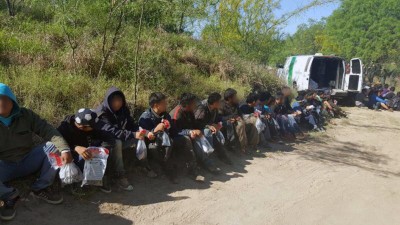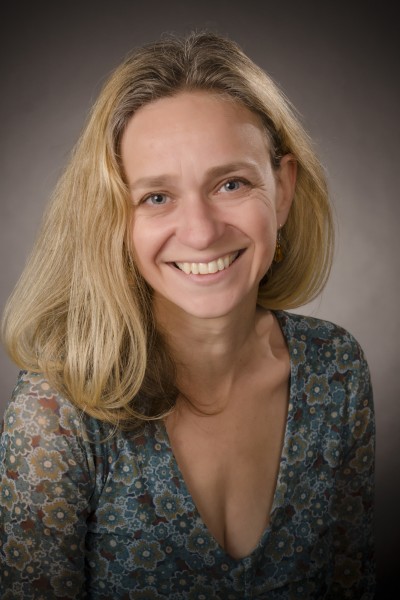The National Endowment for the Humanities grants three scholars $200,000 for the first in-depth analysis of its kind
TACOMA, Wash. – Why do some U.S. states welcome immigrants while others aggressively oppose them? And, ultimately, what effect will these polarized and fiercely-debated policies have on the Americans who already live in those states?
Big questions. But not so big that a team of three prominent immigration scholars, backed by a $200,000 National Endowment for the Humanities grant, feel they cannot be answered.
Over the next two years, the three political scientists and sociologists from the University of Puget Sound, Bucknell University, and the University of Oregon will conduct research and interviews aimed at filling a void of understanding about the forces that shape states’ attitudes toward immigration and, in turn, shape the immigrant experience. The groundbreaking project, States of Immigration, will result in a book, scholarly reports, and articles.
“Scholars have theorized about historical, economic, and political reasons why we have stark contrasts in our approaches to immigration—say, between California’s inclusivity and Arizona’s hostility,” said Robin Jacobson, associate professor of politics and government at the University of Puget Sound. “But we have yet to form a holistic and integrated picture that will explain when and why states react as they do.”
“Through this in-depth look at key states, we hope to provide valuable insights that will help citizens, scholars, and politicians understand the conditions under which some places become welcoming communities and others become sites of exclusion. With that fuller understanding, we as a nation can focus on the kinds of immigration policies that best serve our values and our needs.”
Jacobson will work on the project with T. Elizabeth Durden, associate professor of sociology at Bucknell University, and Daniel Tichenor, Philip H. Knight Professor of Social Science in the political science department at the University of Oregon. All three have researched and written extensively about immigration.
The states of Immigration will focus on two sets of paired states—Arizona and New Mexico, and Virginia and Maryland. These bordering states provide a mix of contrasting factors that allow an analysis that includes geography, politics, demographics, history, contemporary attitudes to immigration, and immigrants' historical flows.
The researchers and student assistants will draw on largely untapped state-level archives of papers from elected officials, state agencies, community groups, and social movement leaders. They will conduct interviews with individuals ranging from anti-immigration advocates to immigrant rights leaders, lawyers, state officials, union leaders, and journalists.
The project is important because the stark contrasts in Americans’ views of immigrants, and the ebb and flow of these views, have severely marked the country’s history—and will continue to shape its future.
For example, ,Donald Trump’s call for a wall with Mexico and strict immigration bans on Muslims is emerging as a major factor in the upcoming presidential election. In 2010 Arizona’s legislation allowing police detention of people suspected to be in the country unlawfully stood in baffling contrast to neighboring New Mexico, where undocumented immigrants were granted driver licenses. Meanwhile, over the decades, California, once a proponent of Chinese exclusion, became seen as a bastion of immigrant inclusion. Why did these things happen? And what are the implications?
The states of Immigration will aim to explain the evolving processes that create distinctive American immigrant experiences in different parts of the United States and provide a grounded understanding that will give factual rigor to debates that today too often pivot on emotion alone.
Press photos of Professor Robin Jacobson are available upon request.
Photos on page: From the top right: Robin Jacobson teaching at Summer Reunion (by Ross Mulhausen); Immigrants stopped at Rio Grande Valley City by Border Patrol Agents (U.S. Customs and Border Protection); Robin Jacobson (Ross Mulhausen)
Tweet this: Why does 1 state shun, 1 welcome #immigrants? Research @univpugetsound @BucknellU @Univ_Of_Oregon gets @NEHgov grant http://bit.ly/2aK6BLv.
Follow us on Twitter! twitter.com/univpugetsound




